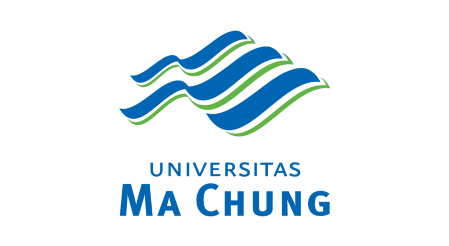AROFAH, RIDA (2022) PEMETAAN MASALAH UMKM DI DESA PETUNGSEWU MENGGUNAKAN ALGORITMA K-MEANS DAN ASOSIASI DATA MINING. Masters thesis, UNIVERSITAS MA CHUNG.
|
Text
411810026-abstract_en.pdf Download (8kB) | Preview |
|
|
Text
411810026-chapter1.pdf Download (18kB) | Preview |
|
|
Text
411810026-chapter2.pdf Download (179kB) | Preview |
|
|
Text
411810026-chapter3.pdf Restricted to Registered users only Download (91kB) |
||
|
Text
411810026-chapter4.pdf Restricted to Registered users only Download (307kB) |
||
|
Text
411810026-chapter5.pdf Download (9kB) | Preview |
Abstract
Micro, Small and Medium Enterprises (MSMEs) are one of the people's economic business sectors that have an important role in economic growth in Indonesia. However, every MSME in Petungsewu Village has different problems. The variety of problems experienced by MSMEs in Petungsewu Village, it is
necessary to group problems to facilitate the resolution of problems experienced by MSMEs in Petungsewu Village. The purpose of this research is to identify the problems experienced by MSME actors in Petungsewu Village, group MSME
problems with the K-Means clustering algorithm, look for linkages between MSME problems with the Association algorithm. Data mining is a large-scale data processing process to analyze the characteristics in the database so that it can be understood by humans. Data mining
in this research will use clustering and association. Clustering aims to group and form classes of objects that have closeness. Association aims to find attributes that
appear together at one time. Based on the association results obtained from calculations using Microsoft excel, it can be seen the relationship between problems. The data obtained from the identification of problems experienced by
MSME actors in Petungsewu Village. The problems experienced by MSMEs in Petungsewu Village are water probles, raw materials, village assistance, new businesses, stale merchandise, weather, uniform merchandise, distribution, trade duration, prices, crop yields, debt, business permits, employees, loss, marketing, capital, customers, income, taste, quiet, rent, leftovers, suppliers, daily targets, and
tight spaces. Analysis using apriori algorithm produces 4 association rules, and the clustering process is divided into 3 clusters. Cluster 1 is a group of MSME operational problems, cluster 2 is a group of problems from the Regional
Government, and cluster 3 is a group of problems from partners or human resources from suppliers and customers.
Keywords: MSME, K-Means, Apriori, Clustering, Association
| Item Type: | Thesis (Masters) |
|---|---|
| Additional Information: | TUGAS AKHIR |
| Subjects: | T Technology > T Technology (General) |
| Divisions: | Fakultas Teknologi dan Desain > S1 Teknik Industri |
| Depositing User: | Surya |
| Date Deposited: | 16 Dec 2024 08:16 |
| Last Modified: | 16 Dec 2024 08:16 |
| URI: | http://repository.machung.ac.id/id/eprint/650 |
Actions (login required)
 |
View Item |
